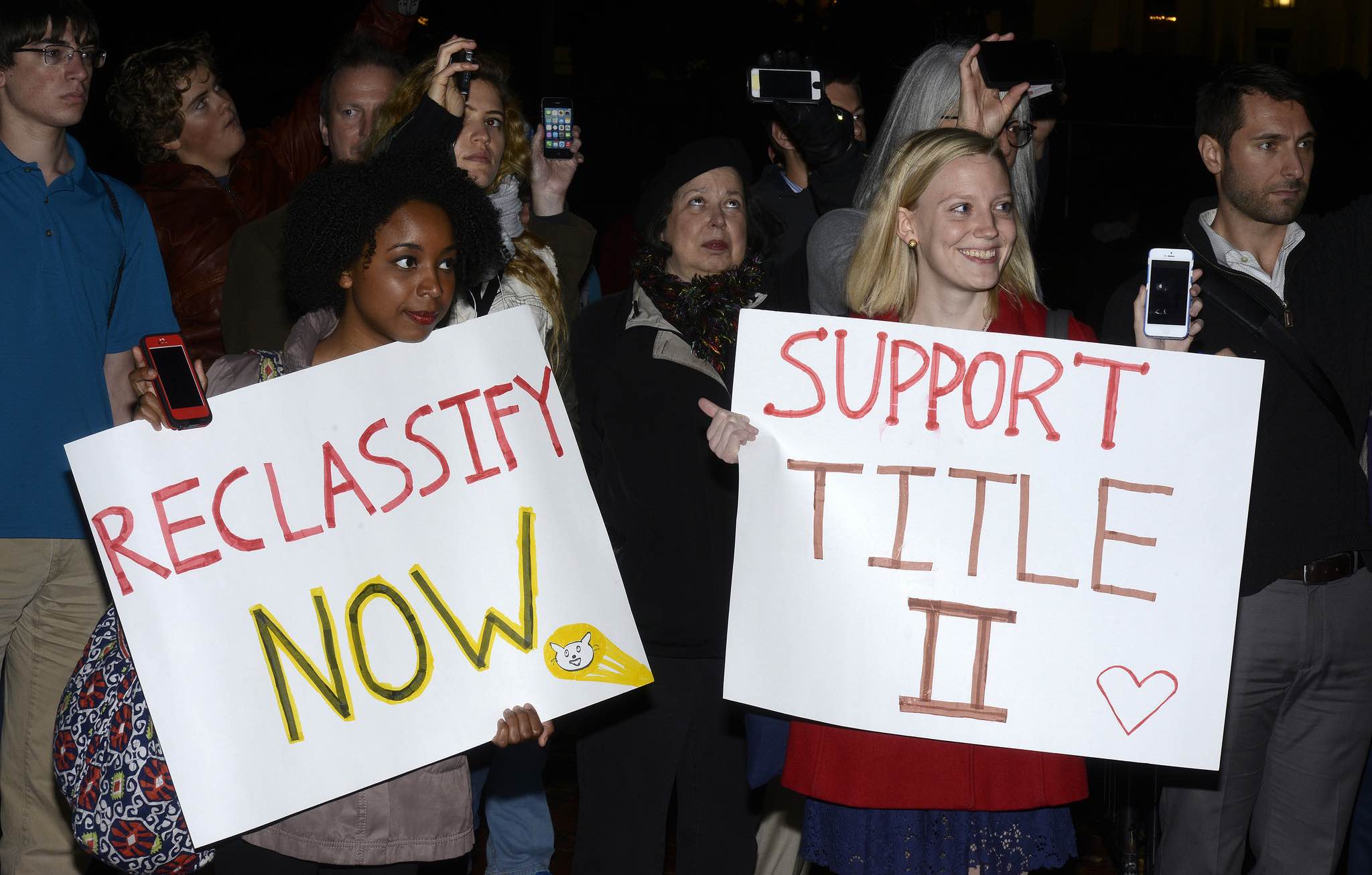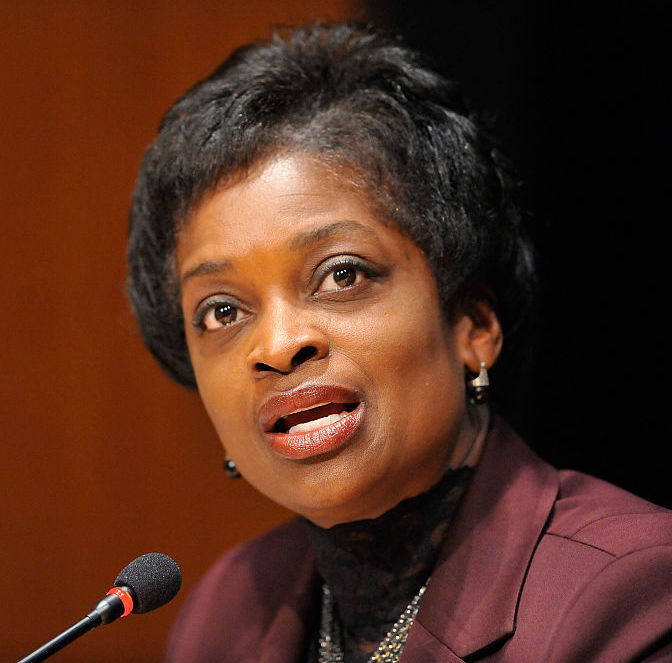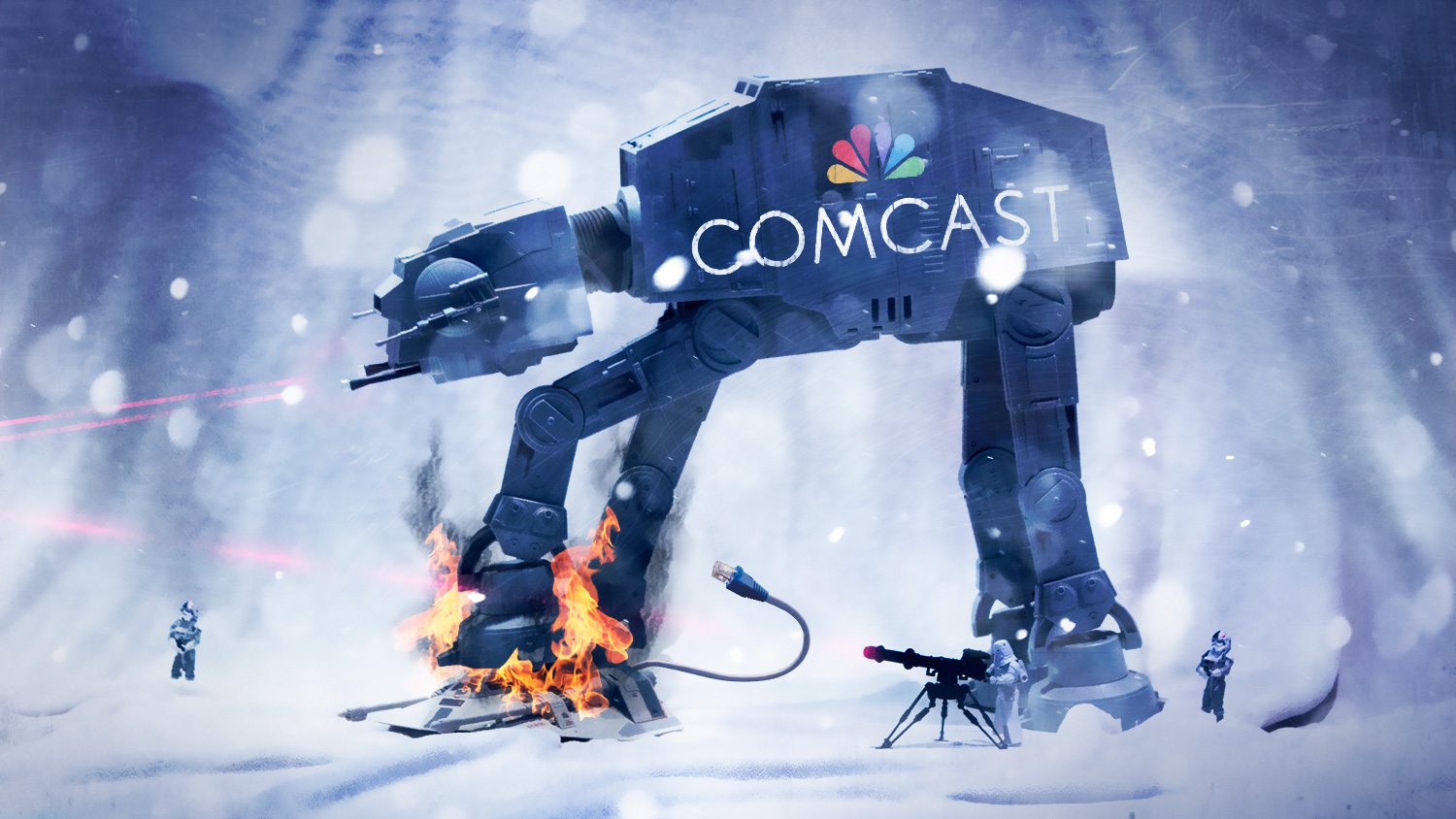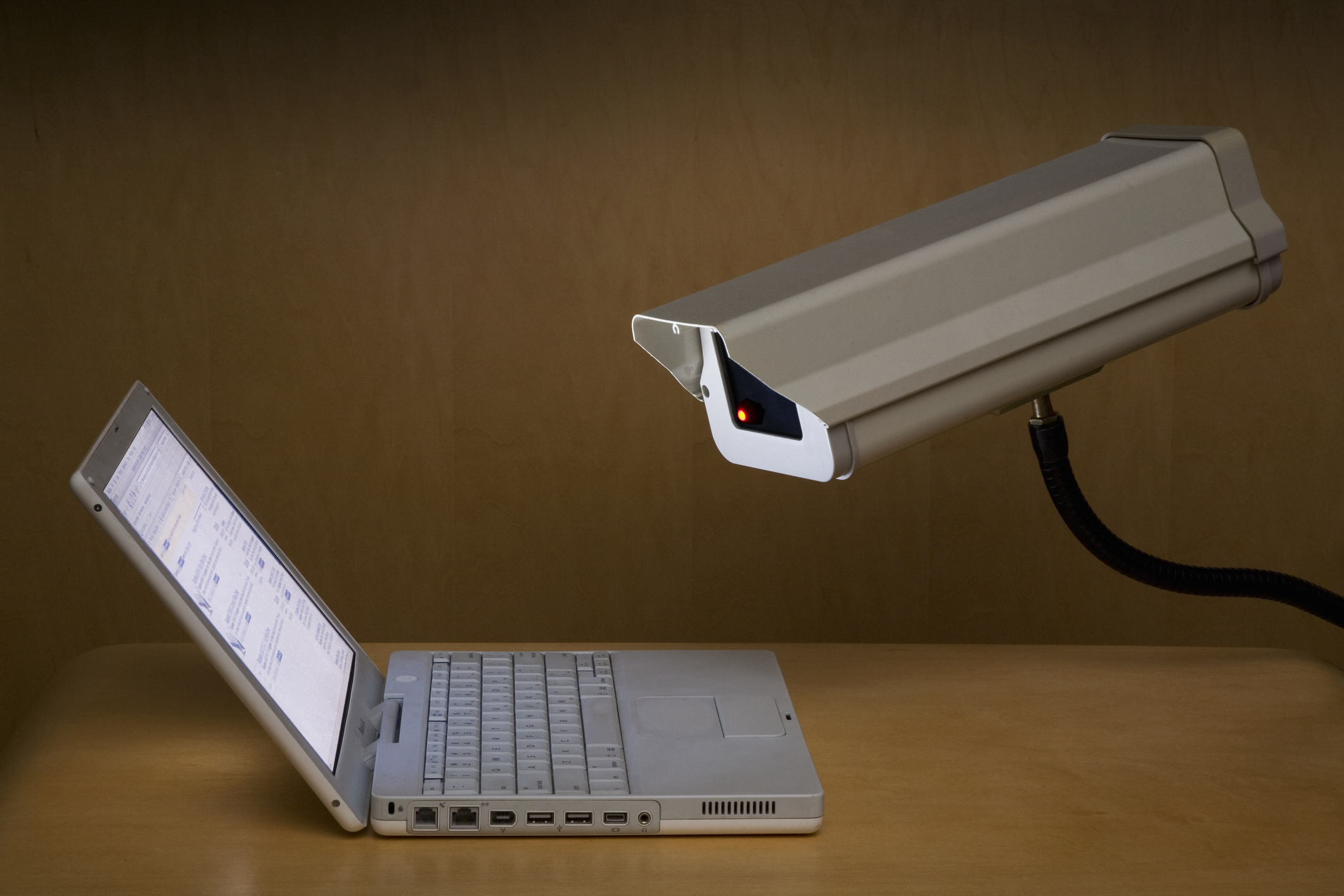The Republican-led Federal Communications Commission is preparing to overturn the two-year-old decision that invoked the FCC's Title II authority in order to impose net neutrality rules. It's possible the FCC could replace today's net neutrality rules with a weaker version, or it could decide to scrap net neutrality rules altogether.
Either way, what's almost certain is that the FCC will eliminate the Title II classification of Internet service providers. And that would have important effects on consumer protection that go beyond the core net neutrality rules that outlaw blocking, throttling, and paid prioritization. Without Title II's common carrier regulation, the FCC would have less authority to oversee the practices of Internet providers like Comcast, Charter, AT&T, and Verizon. Customers and websites harmed by ISPs would also have fewer recourses, both in front of the FCC and in courts of law.
Title II provisions related to broadband network construction, universal service, competition, network interconnection, and Internet access for disabled people would no longer apply. Rules requiring disclosure of hidden fees and data caps could be overturned, and the FCC would relinquish its role in evaluating whether ISPs can charge competitors for data cap exemptions.
These aspects of Title II are part of why consumer advocacy groups and Web companies have teamed up to protest FCC Chairman Ajit Pai's plan to overturn the net neutrality order with today's "Internet-wide day of action to save net neutrality."
The consumer protection powers provided by Title II are also part of why the FCC's lone Democrat, Commissioner Mignon Clyburn, voted against Pai's plan to start the process of reversing the net neutrality rules.
Title II is "the most legally firm authority that we have... when it comes to protecting consumers," Clyburn told Ars this week. ISPs naturally answer to shareholders and try to maximize revenues and profit, but their financial incentives can clash with the public interest, she said. As the nation's expert agency on telecommunications, the FCC should be "the cop on the beat," according to Clyburn.










 Loading comments...
Loading comments... 